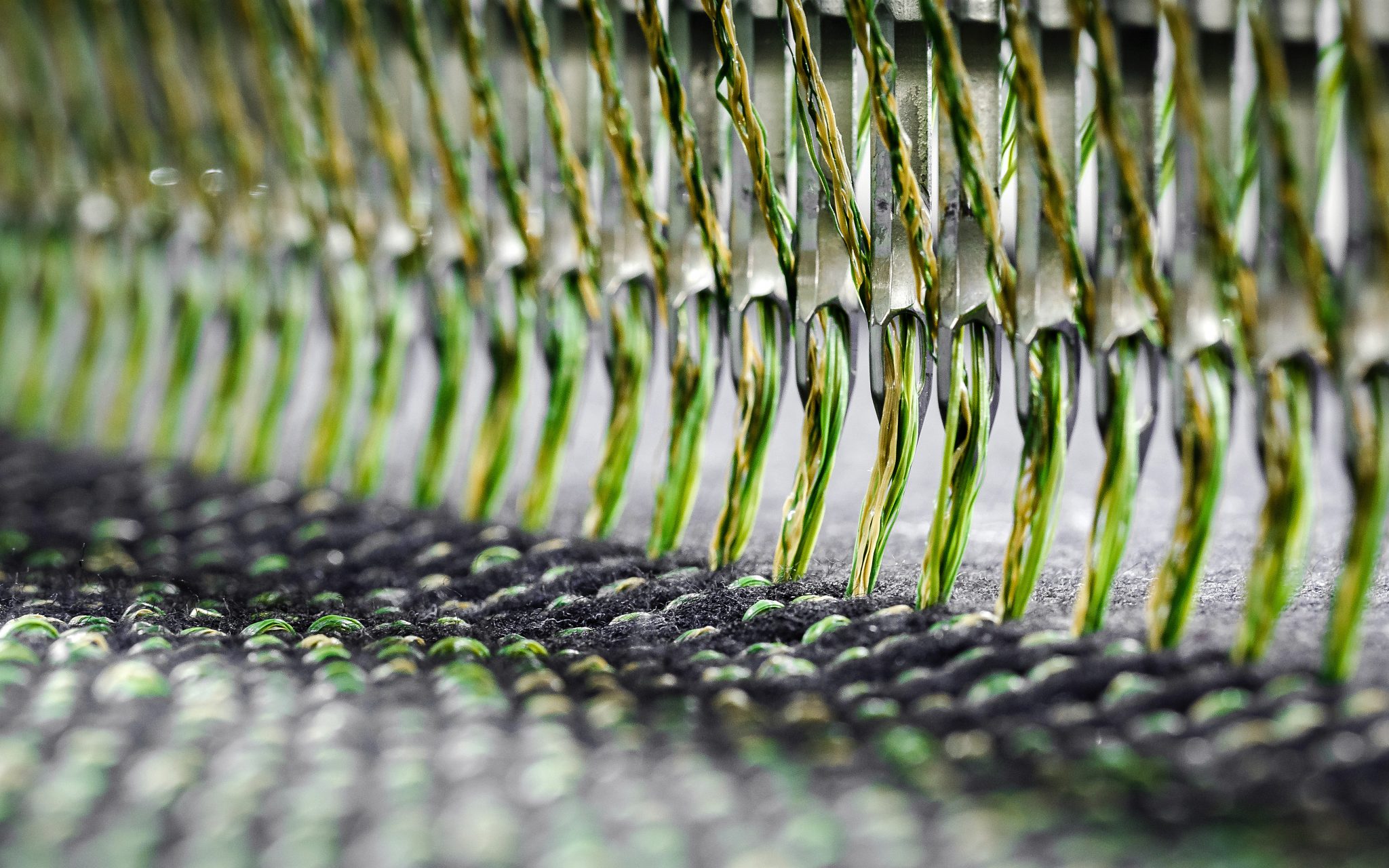Does one producer make better synthetic turf than another?
- 09/09/2020
By Bryn Lee
I have been privileged to visit many factories around the world, from those with only 3 or 4 tufting machines and no backing lines, to the largest producer with over 40 tufters and 11 backing lines, in just one of their factories. Quite honestly, size does not matter, in terms of whether you can make great synthetic turf. But there are a few things that do:
-
Are your machines maintained and in good running order?
-
Are your operatives trained and diligent?
-
Do the raw materials (yarn, backing cloth, PU or latex) pass your quality requirements?
-
How effective is your roll up unit and packaging?
-
How robust is your product specification?
Synthetic turf producers who meet each of these basics, will make great turf, which is borne out by the many FIFA, FIH and World Rugby fields that are tested around the globe. Some companies will also pass the stringent requirements of sports governing bodies, especially to become and remain a FIFA Preferred Producer.
Each manufacturer may say they make the best synthetic turf, but it is a claim that is almost impossible to justify. Perhaps, to differentiate between companies and their products, we should look more at the overall value offered. If the specification and quality of the turf are similar, then a lower price, driven by factors such as greater production efficiency or better raw material prices, may create better value for the customer.
Last week, when I was with a group from the sports industry, I was dismayed to hear one synthetic turf producer’s representatives “manufacturing” negative stories about another producer, simply because they felt threatened by the better value (lower prices) offered, by their rival. If a competitor is winning work, then recognise and applaud their success and focus on how to challenge the greater value clearly offered.
As an industry, I believe we should focus on promoting positives. Each turf producer has the ability to make great artificial grass, and should recognise that there are many other manufacturers who also make great turf.
Next week, we will look more closely at the different production processes, in a series called, “The four processes to produce perfect synthetic turf.”






